Understanding the Essentials of Clean Water Solutions
Introduction 💧
Water is the elixir of life, sustaining every living organism on our planet. Access to clean, uncontaminated water is not just a luxury; it’s a fundamental human right. Unfortunately, water scarcity and pollution are pressing issues affecting communities worldwide. Water filtration systems play a crucial role in addressing these challenges, providing us with safe, healthy water for drinking, cooking, and other daily activities. 🚰
TYPES OF WATER FILTRATION SYSTEMS
Activated Carbon Filtration
Activated carbon filtration is a popular and effective method of water purification. It uses activated carbon, a highly porous material made from coconut shells or other organic matter, to adsorb contaminants. Activated carbon has a large surface area, which allows it to trap a wide range of impurities, including chlorine, pesticides, and heavy metals.
This type of filtration is often used in home water filters and pitchers. It is also used in commercial and industrial applications, such as water treatment plants and food processing facilities. Activated carbon filtration is a relatively inexpensive and easy-to-maintain method of water purification. It can effectively remove a wide range of contaminants, making it a good choice for a variety of applications.
Benefits of Water Filtration
Water filtration can provide significant health benefits by removing harmful contaminants from tap water. These contaminants can include bacteria, viruses, parasites, and heavy metals, which can all cause a range of health problems, from minor gastrointestinal issues to more serious conditions like cancer.
By removing these contaminants, water filtration can help to protect our health and well-being. Studies have shown that drinking filtered water can reduce the risk of certain waterborne diseases, such as cholera, typhoid, and dysentery. It can also help to improve overall health and well-being by reducing exposure to harmful toxins.
| Contaminant | Health Effects |
|---|---|
| Bacteria | Gastrointestinal issues, such as diarrhea, vomiting, and abdominal pain |
| Viruses | Respiratory infections, such as the flu and the common cold |
| Parasites | Intestinal infections, such as giardiasis and cryptosporidiosis |
| Heavy metals | Damage to the nervous system, kidneys, and other organs |
Investing in a water filtration system is a wise choice for anyone who wants to improve their health and well-being. By removing harmful contaminants from tap water, water filtration can help to protect us from a range of waterborne diseases and other health problems.
Professional Consultation
Deciding on the ideal water filtration system can be a daunting task. That’s where professional consultation comes in. Picture this: you’re a detective, investigating the mystery of your water quality. A professional is your trusty sidekick, analyzing your water sample, identifying the culprits (contaminants), and recommending the perfect filtration solution. They’ll consider factors like your water source, budget, and usage patterns. It’s like having a water filtration GPS, guiding you to the cleanest and safest water possible!
Just like your car needs regular tune-ups, your water filtration system requires TLC to keep it running smoothly. Regular maintenance ensures your filter is doing its job effectively, removing impurities and providing clean, healthy water. It’s like giving your water a spa day! 💆♀️
Here’s a simple maintenance routine to keep your water filtration system in tip-top shape:
- Check the filter regularly: Keep an eye on the filter’s lifespan and replace it as recommended by the manufacturer. A clogged filter can restrict water flow and reduce filtration efficiency.
- Clean the system: Follow the manufacturer’s instructions for cleaning the system. This may involve removing and rinsing the filter housing or cleaning the membrane.
- Flush the system: Flushing the system helps remove any trapped particles or debris. Open the faucet and let the water run for a few minutes after replacing the filter or cleaning the system.
By following these simple maintenance steps, you can ensure your water filtration system is working at its best, providing you with clean, refreshing water day after day.
WATER FILTRATION ABOUT ON YOUTUBE
Water Filtration for Different Applications
In the industrial realm, where water is a crucial component for various processes, water filtration plays a pivotal role. Industrial water filtration systems are engineered to meet the specific needs of industries, such as manufacturing, power generation, pharmaceuticals, and food processing. These systems are designed to remove contaminants that can compromise the quality of water used in industrial processes, ensuring optimal performance and preventing costly breakdowns.
The benefits of water filtration in industrial applications are multifaceted. It enhances the efficiency of equipment by preventing scale buildup and corrosion, leading to reduced maintenance costs and extended equipment life. Additionally, it safeguards the health of workers by removing harmful contaminants that may pose a risk to their well-being. By ensuring the purity of water used in manufacturing processes, industrial water filtration systems contribute to the production of high-quality products that meet stringent industry standards.
The choice of water filtration system for industrial applications depends on the specific requirements of the industry and the nature of the contaminants present in the water source. Reverse osmosis, activated carbon filtration, ultrafiltration, and distillation are commonly employed technologies, each offering unique advantages and limitations. Proper selection and maintenance of the filtration system are essential to ensure optimal performance and the desired level of water purity.
Emerging Trends in Water Filtration
Nanotechnology is revolutionizing the field of water filtration. Nano-sized materials, such as graphene and carbon nanotubes, possess remarkable properties that enable them to remove even the most stubborn contaminants, such as viruses and heavy metals. These materials can be incorporated into filters to create highly efficient and compact systems that can purify water to unprecedented levels.
Imagine a water filter that can fit in the palm of your hand and yet deliver crystal-clear, contaminant-free water. Nanotechnology is making this a reality, opening up new possibilities for portable and decentralized water purification systems.
| Nanomaterial | Properties | Benefits |
|---|---|---|
| Graphene | Ultra-thin, strong, impermeable | Removes viruses, heavy metals, and other contaminants |
| Carbon nanotubes | Hollow, cylindrical structures | High adsorption capacity for pollutants |
| Metal-organic frameworks (MOFs) | Highly porous, crystalline materials | Can selectively remove specific contaminants |
Water Filtration and Environmental Sustainability 🌍🌿
Water filtration is not just about providing clean water for our homes and businesses. It also plays a crucial role in protecting our environment. By reducing plastic waste and conserving water, water filtration systems contribute to a more sustainable future.
Every year, millions of plastic bottles end up in landfills and oceans, polluting our planet. Water filtration systems provide a convenient and eco-friendly alternative. By eliminating the need for bottled water, we can significantly reduce the amount of plastic waste we generate.
Moreover, water filtration systems help conserve water. Traditional water treatment methods can be wasteful, losing up to 30% of water during the purification process. Water filtration systems, on the other hand, are designed to minimize water loss, ensuring that every drop is utilized efficiently.
Embracing water filtration is a simple yet impactful step we can take towards a greener future. By choosing filtered water, we not only protect our health but also contribute to the well-being of our planet.
Common Misconceptions About Water Filtration
“Not all that glitters is gold!” 💰 Just like not all water filters are created equal. Different filters employ distinct technologies to remove specific contaminants. Reverse osmosis, for instance, is a high-tech wizard that can banish even the tiniest impurities, while activated carbon filtration is a master at absorbing nasty chemicals. So, before you dive into the world of water filtration, do your research and choose the filter that’s the perfect match for your water woes. Remember, it’s not just about filtering water; it’s about finding the right filter to give you the crystal-clear, healthy water you deserve. 💧
Conclusion
Our journey into the world of water filtration has revealed its profound importance for our health and well-being. We’ve explored various types of systems, their benefits, and how to choose the right one for our needs. Regular maintenance and timely filter replacements ensure optimal performance and safe drinking water.
Call to Action
Investing in a water filtration system is a wise decision for anyone who values clean, healthy water. Don’t hesitate to seek professional advice if you’re unsure about the best option for your home or business. Remember, “Prevention is better than cure,” and a reliable water filtration system can safeguard your family and employees from waterborne contaminants.
Let’s make clean water a priority. Together, we can create a healthier, more sustainable future for generations to come. 🌍💧
WATER FILTRATION – AN OVERVIEW | SCIENCEDIRECT TOPICS
CHOOSING HOME WATER FILTERS & OTHER WATER TREATMENT SYSTEMS | CDC
DOMESTIC WATER FILTRATION SYSTEMS
CLEAR WATER FILTRATION
DESIGNING A WATER FILTRATION SYSTEM
WATER FILTRATION EXPERIMENT
EASY WATER FILTRATION SYSTEM

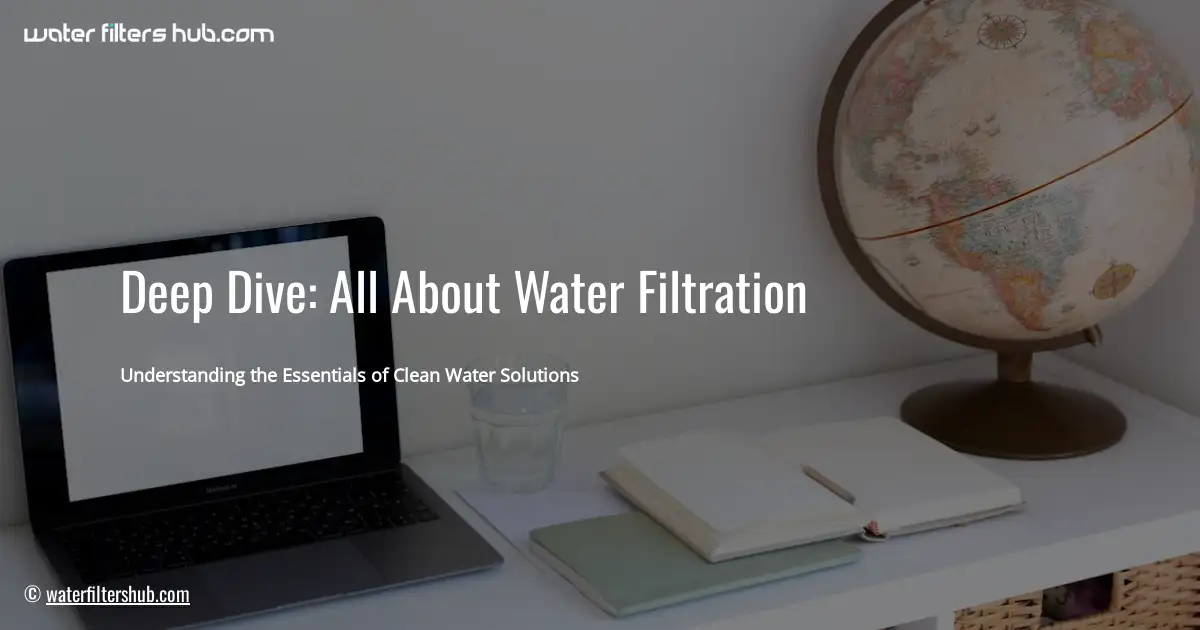
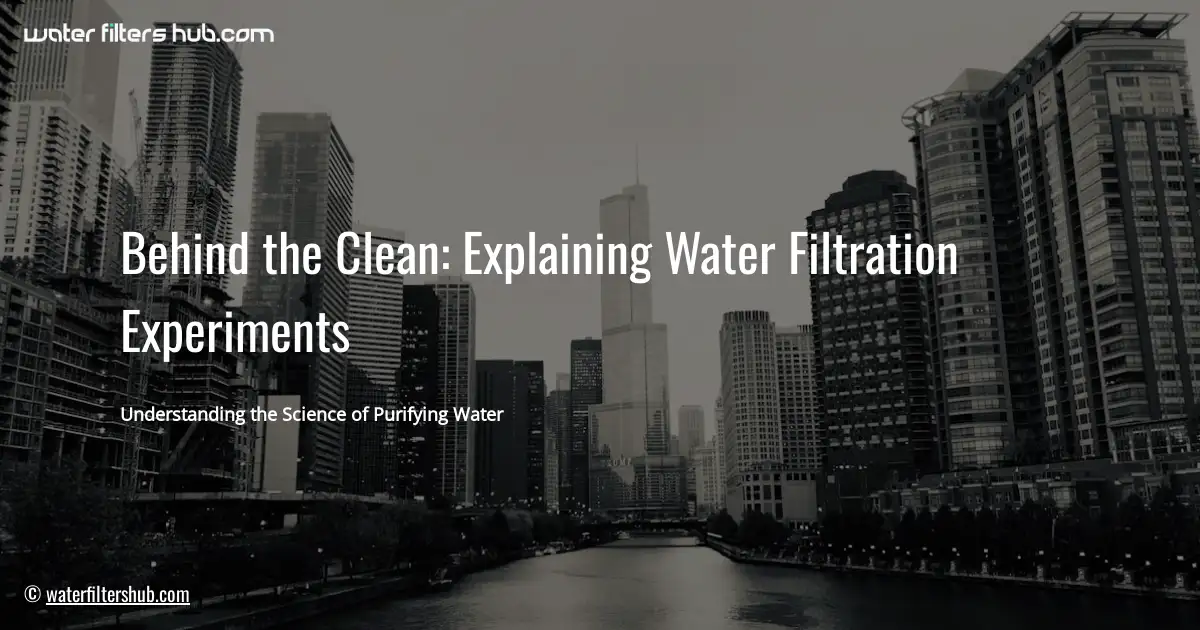
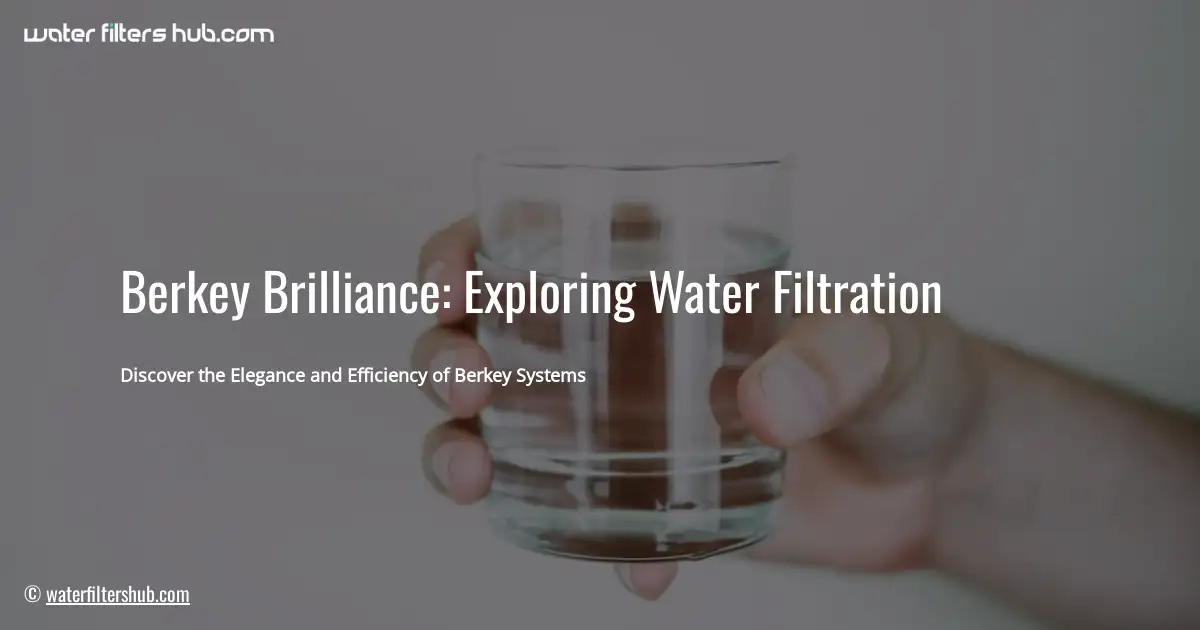
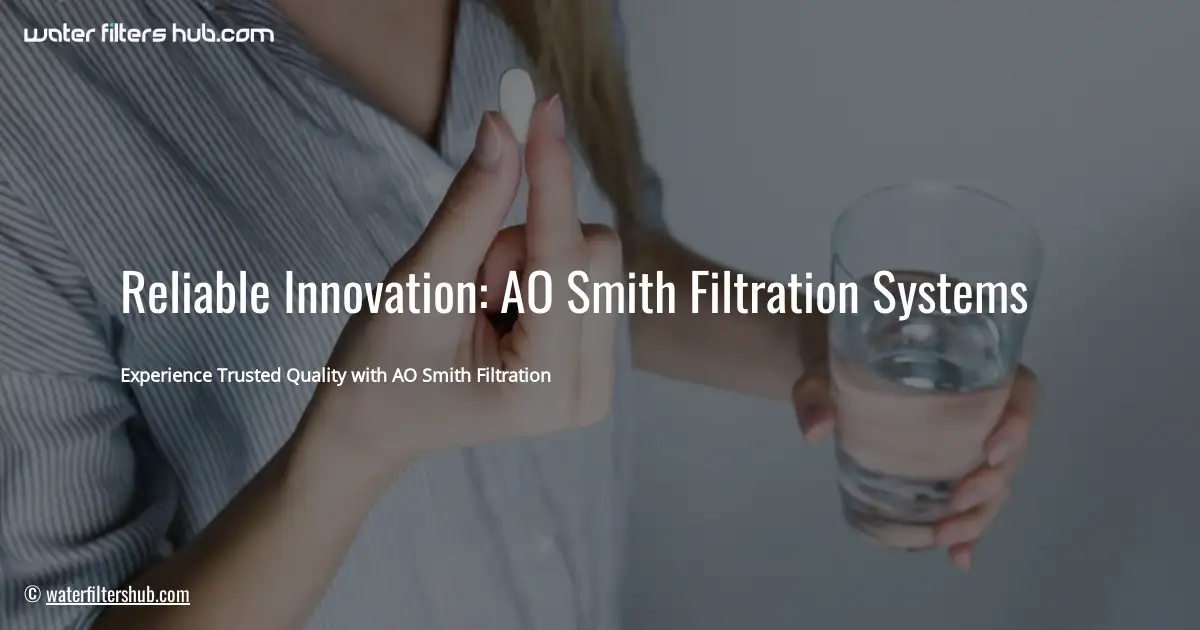

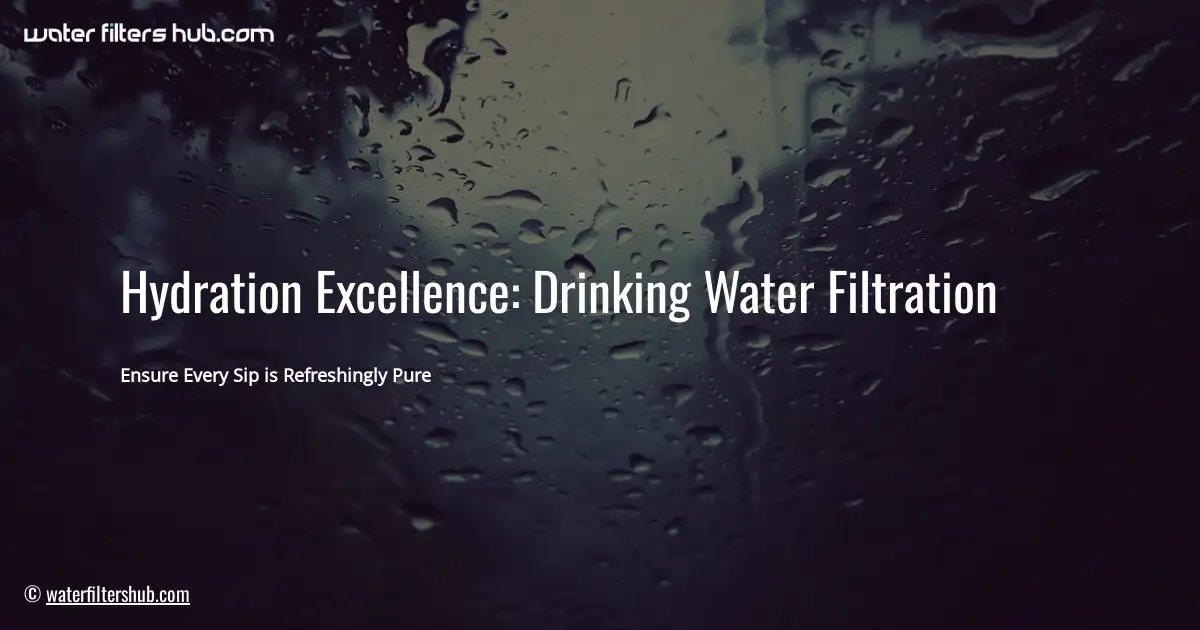
Leave a Reply